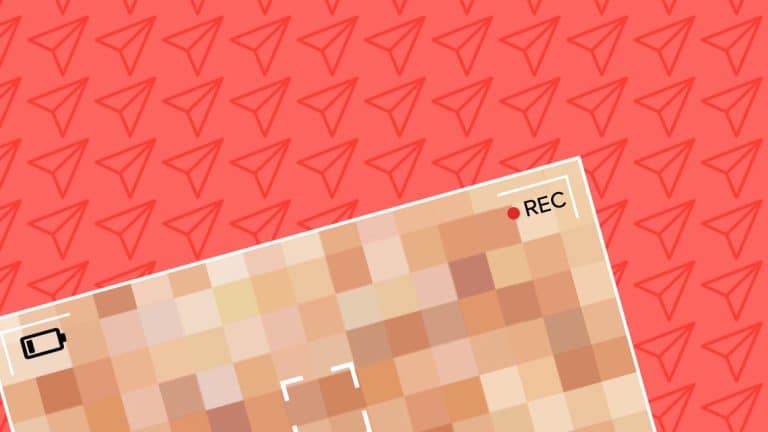Tech support scam
Cold calling computer technicians have plagued Kiwis with their efforts to gain remote access to computers and steal online banking logins, personal data and more

We receive thousands of reports from across New Zealand of people being cold called by scammers pretending to offer help to people with a slow or infected computer.
How does the scam work?
These scammers use familiar brand names such as Microsoft, Spark, Vodafone and Chorus when they contact people so you’re more likely to trust them. They may call on the phone and will often attempt to get ‘remote access’ to your device. Remote access is when someone can access a computer or a network from another location.
Microsoft will never call customers at home about issues with a device, and will never ask for your passwords or other private information.
What are some of the reasons scammers use to gain ‘remote access’ to devices?
Some of the reasons provided include:
- A virus infection harming others on the network
- A free assessment to upgrade your operating system
- Help checking your computer’s security
- The disconnection of your internet if you do not give access
- Problems with your router or internet connections
At times these scammers may also reach out using ‘pop up’ messages on your screen instead of calling on the phone.
What can they do with remote access?
If you give scammers remote access to your device they may:
- Make you believe that your device is infected or needs cleaning to speed it up – and may try to sell you software or a support contract
- Try to charge you for free security software – you can use our guide to selecting anti-virus and anti-spyware security software
- Record your banking login, credit card information or personal details for identity fraud or theft.
- Install rogue software like Trojans or keyloggers to record your computer use and gain your login information for online banking, auction sites and more
What are the scammers trying to do?
The scammers may be trying to
- Get your online banking details, or other money transfer service details
- Get you to pay for a fake security check or service contract
- Get your credit card details, or ask you to make payment another way (for example, gift cards like Prezzy Cards)
- Request personal information such as copies of passports or drivers licenses that they can use for identity fraud
What do I do if I’m contacted?
You should always be wary if you are unexpectedly contacted about a tech problem that you haven’t proactively contacted your provider about. The other things you can do is:
- Politely say no thanks and hang up
- Don’t engage in a conversation, try to ‘trick’ the scammer or tell them off
- If you’re unsure whether it is a scammer or a legitimate organisation, hang up and call the organisation using the official helpline number
Report cold calling scams to us at netsafe.org.nz/report as we’ll use this information to educate people about scams, and to help people who have been affected by them.
What to do if you’ve given remote access
If you gave the scammers remote access to your device, there are four steps you should take.
1.Turn off your computer and disconnect your device from the internet immediately. You can do this by powering the device off and turning off your WiFi router at the power point. This will stop the scammers from having remote access to your device.
2. Change all your passwords using a different device so the scammers can’t use your account. This includes passwords for your banking, social networking, email and trading accounts like TradeMe as well as other accounts like TAB, etc. Learn how to choose a strong password here.
3. Run a full security scan to see if there is any new malware. If the scammers had access to your device, they may have installed malware on it. Malware is a piece of software that can be put on to a device to damage, harm or gain unauthorised access to a computer system. If you think there may be malware on your device, talk to an IT specialist who can confirm if there is and get rid of it for you.
You can use a free online virus-scanner to look for threats on your computers.
- For PC: ESET online scanner or Kaspersky Virus Removal Tool. After this scan run Malwarebytes Anti-Malware free edition
- For Mac: Bitdefender Antivirus for MAC or ESET Cyber Security for Mac or AVG Antivirus for Mac
4. Notify your bank. If you use online banking, contact your bank to advise them that you’ve been targeted by the scam. Keep an eye on your accounts and check statements for rogue purchases.
5. If you’re still concerned that something may have been loaded onto your device, then disconnect the device from the internet and do not log back on until you have had your hard drive re-formated and your operating system re-installed. This requires some specialist technical skill and you may need to seek the advice of a computer hardware specialist – remember to backup any essential files before doing this.
Report a scam
Netsafe can’t open investigations or track scammers, but we can offer support for people who have lost money in a scam, or think they are about to. This includes letting you know the steps you can take depending on the scam and giving you advice about how to stay safe. You can report a scam to www.netsafe.org.nz/report.
Our help service is open from 8am – 8pm Monday to Friday and 9am – 5pm on weekends.
More information
- More information on scams
- Quick guide for staying safe online
- Online safety advice for parents
- Online safety advice for businesses
Keep up to date
Follow us on social media and sign up to our enewsletter for alerts, news and tips.







